Do You Know If You Have OCD?
The tangled wires or the sloping position of books on the shelf can be a very disturbing sight to some people. Do those things bother you? These feelings are often referred to as Obsessive-Compulsive Disorder or OCD. Is it appropriate to use the term for such conditions? If someone likes the cleanliness or neat arrangement of items, it does not necessarily make someone bears the title of OCD. In order not to continue to misunderstand this, let me help you to recognize this condition further. Let’s see if you or someone you know have OCD.
Do You Know If You Have OCD? – Know the Signs/Symptoms, Causes, Treatments
OCD is psychiatric disease or mental disorder. So, to mention someone has OCD disease, it is necessary to understand it well and check it with a doctor first in order to get the right diagnosis.
Definition
What is OCD?
Obsessive-Compulsive Disorder or OCD is a condition that displays patterns of thought and fear that do not make sense (obsession) that makes you do repetitive behavior (compulsive). This is a psychological disorder that affects the thoughts and behavior of sufferers.
Once a person has OCD disease, unwanted thoughts and fears will emerge continuously, causing the sufferer to become obsessed with something and take certain actions repeatedly in response to his fears.
For example, checking repeatedly whether they have locked the door or not. OCD sufferers may be able to ignore the thought, but it will only make them feel anxious and depressed so that eventually they have to do something to release the pressure.
OCD is often centered on certain themes, for example, fear of being contaminated by germs. To overcome this fear, you wash your hands repeatedly until your hands feel sore and your skin cracked.
Also read: Understanding the Difference between Stress and Anxiety
How common is this condition?
Obsessive-compulsive disorder can be experienced by anyone. OCD often appears at the age of under 20 years, especially in those who have experienced stressful events in their lives. These symptoms can often be overcome but cannot be eliminated. Although it is more common in early adulthood, OCD can also occur in children or adolescents. For further information please contact a doctor.
Signs & Symptoms
What are the signs and symptoms of someone suffering from OCD?
Signs and symptoms experienced by people with OCD are usually in the form of obsessive and compulsive behaviors that are not caused by the use of drugs or other conditions. A person may also only experience symptoms of obsession or compulsivity.
When you suffer from OCD, you may not realize that your obsessions and impulses are excessive or unreasonable. However, this condition will take up a lot of time and disrupt your daily routine, social functions, or work.
Symptoms of obsession
Obsessive-compulsive disorder is a condition of the mind, impulse, or image that appears repeatedly, continuously, and undesirable. This can interfere and cause distress or anxiety.
You might try to ignore it or get rid of it by engaging in compulsive behavior. This obsession is usually annoying when you try to think about or do other things.
Obsessions often come with certain themes, such as:
- Fear of contamination or dirt
- Need things that are orderly and symmetrical
- Aggressive or terrible thoughts about hurting yourself or someone else
- Unwanted thoughts, including sexual or religious subjects.
Signs and symptoms of obsession include:
- Fear of being contaminated by touching objects that other people touch
- Doubt that you have locked the door or if you have turned off the stove before you go to bed
- Intense stress when things are not neat or facing a certain direction
- Imagine hurting yourself or someone else
- The thought of shouting inappropriate words or acting inappropriately is undesirable and making you uncomfortable
- Avoid situations that can trigger obsessions, such as shaking hands
- Disturbed with unpleasant sexual images repeats in your mind.
Someone with obsessive behavior, has repeated thoughts, impulses (sudden impulses), or images that cause negative emotions, such as anxiety disorders or feelings of disgust.
Most people with OCD understand that what they think actually makes no sense. However, they still find it difficult to eliminate it.
Examples of obsessive behavior include excessive worrying about being contaminated with germs or bacteria, and feeling the arrangement of all items must be symmetrical.
=====> Relieve Stress with a Hot Cherry® Pillow <=====
Compulsive symptoms
Compulsive OCD is a repetitive behavior that you feel compelled to do. These repetitive mental actions aim to prevent or reduce anxiety caused by your obsession.
This attitude is excessive and often does not relate directly to the problem you want to fix.
As is the case with obsessions, compulsivity usually has themes, such as:
- Wash and clean
- Check
- Calculate
- Orderly
- Follow a strict routine
- Demand guarantees
Examples of compulsive signs and symptoms are:
- Wash your hands until your skin gets blisters
- Check the door repeatedly to make sure it’s locked
- Check the stove repeatedly to make sure it is dead
- Count in a certain pattern
- Quietly repeat prayers, words, or phrases
- Organize your canned goods.
Obsessive-compulsive disorder is a condition that usually starts in adolescence. Symptoms usually begin gradually and tend to vary throughout your life.
Symptoms generally get worse when you experience greater stress. Obsessive-compulsive disorder is a condition that is usually considered a lifelong disorder, can have mild to moderate or very severe symptoms.
Compulsive behavior is a continuation of obsessive behavior. All things that have been thought obsessively by sufferers of OCD, will then proceed with real execution.
The behavior is done to reduce the worry or fear that arises, due to obsessive thoughts. Although executing these things can relieve fear and anxiety, in a short time, obesity will re-emerge, and the cycle will repeat itself.
An example of compulsive behavior is to repeatedly wash hands to exceed their needs, for fear of bacteria or germs that will cause certain diseases. This fear can also make OCD sufferers spend hours cleaning themselves or their homes.
When should I see a doctor?
You need to consult a doctor if:
- Obsessive-compulsive disorder greatly affects your life
- Accompanied by physical symptoms such as chest pain, palpitations, or having thoughts of committing murder or even suicide.
Cause
What causes OCD disease?
So far, scientists have still not been able to find the exact cause of the obsessive-compulsive disorder. Several factors may influence the onset of this disease, including:
- Psychological development
- Head injury
- Infection
- Functional disorders of several parts of the brain.
Risk factors
What can increase the risk of contracting OCD?
Factors that increase your risk of developing OCD include:
- Family history, parents or family members who have obsessive-compulsive disorder will increase the risk of their children suffering from the same disease
- Some traumatic events that make you feel emotionally stressed can increase the risk of developing this OCD disease.
- Other mental health disorders. Obsessive-compulsive disorder is a condition that may be related to other mental conditions, such as anxiety disorders, depression, substance abuse, or tic disorders.
Treatments & Medications
The information presented cannot be used as medical advice, you should still consult a doctor.
What are the treatment options for OCD?
Obsessive-compulsive disorder can be treated by combining therapy and cognitive behavioral therapy.
1. Giving medicines
Your doctor may prescribe medication to control your mental obsession and compulsive behavior. Usually, antidepressants or stress-reducing drugs are the first choices, including:
- Clomipramine (Anafranil);
- Fluvoxamine (Luvox CR);
- Fluoxetine (Prozac);
- Paroxetine (Paxil, Pexeva);
- Sertraline (Zoloft);
- Citalopram;
- Escitalopram.
These drugs are generally used in higher doses for OCD disease than for depression. It may take up to three months for results to be seen.
Half of all people with OCD do not take these drugs alone. Often, these drugs are taken together with atypical antipsychotic drugs.
Also read: The Pros and Cons of Taking Antidepressants
2. Cognitive Behavioral Therapy (CBT)
If you often have negative thoughts, this can make you suffer from mental disorders in the long run. Cognitive-behavioral therapy can help you find the unconscious habits that are causing the thought to occur.
CBT is an effective method for treating obsessive-compulsive disorder. This therapy is a type of psychotherapy that aims to help individuals change the way they think, feel, and behave. This refers to the two treatments below:
Exposure and response prevention (ERP)
The exposure referred to here is exposure to situations and objects that trigger fear and anxiety. Over time, the anxiety produced by these obsessive cues diminishes. Finally, this treatment removes anxiety.
Response prevention refers to rituals performed by people with OCD to reduce anxiety.
ERP treatment helps people learn to resist the urge to perform this ritual.
Cognitive therapy
People who participate in this type of therapy aim to eliminate compulsive behavior. This is done by identifying and re-evaluating their beliefs about their involvement in compulsive behavior.
What are the general tests that are usually done to detect this disease?
Doctors usually diagnose OCD based on the symptoms you describe. They will conduct clinical examinations to reduce the cause of these symptoms.
The doctor may also conduct psychological evaluations through psychological assessment methods, such as assessing a patient’s mental status through appearance, attitude, thoughts, mood, fear, hallucinations, addiction to drug abuse, and the possibility of committing violence or even suicide.
Treatment at home
What are some lifestyle changes or home remedies that can be done to treat OCD?
Lifestyle and home remedies that can help you to overcome obsessive-compulsive disorders including:
- Talk to your doctor if your symptoms get stronger or worse after a certain amount of time.
- Talk to your doctor if there are new symptoms or you feel uncomfortable when taking the medicine given.
- Do light exercise.
- Take medicine that has been given by a doctor even though you feel better. Stopping taking medication can restore the symptoms of obsessive-compulsive disorder.
- Consult your doctor before taking certain medications or foods.
If you have other questions, consult your doctor to find the best solution for your illness.
There you go. Now, do you know if you have OCD? If not, then maybe you know someone in your family or any friends who have this mental disorder? Please share this article with them so they know what treatments they can do in order to take care of their condition.
Hope this article is useful. Stay safe, happy, and healthy!
—————————————————————————————————————————————–
This post may contain affiliate links, which means I make a small commission off purchases, at no extra cost to you. Read my full disclosure here. Thank you for supporting the work I put on this site!
=======> Brain boost buy 2 get 1 free <=======
—————————————————————————————————————————————–
We Stress Free does not provide medical advice, diagnosis, or treatment. However, if you need someone to talk to and want to make friends, please feel free to reach me at ferra@westressfree.com. If you would like to REDUCE your STRESS and are interested to do an ONLINE THERAPY, you can do so here.
—————————————————————————————————————————————–
Disclaimer: The information contained in this website is for educational and informational purposes only and is not intended as health or medical advice. Always consult a physician or other qualified health provider regarding any questions you may have about a medical condition or health objectives.
Thank you for reading today’s topic: Do You Know If You Have OCD?


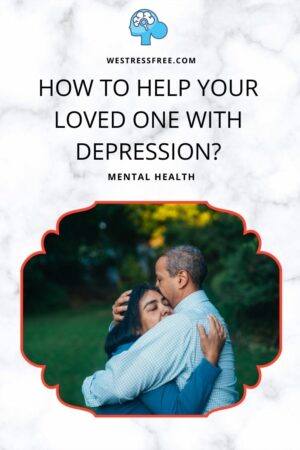
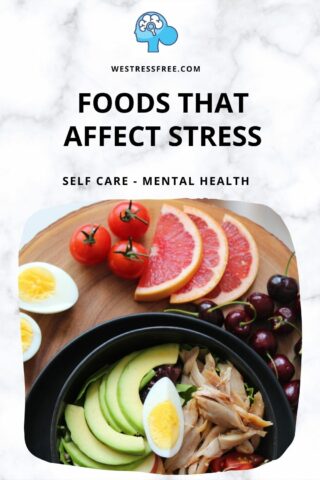
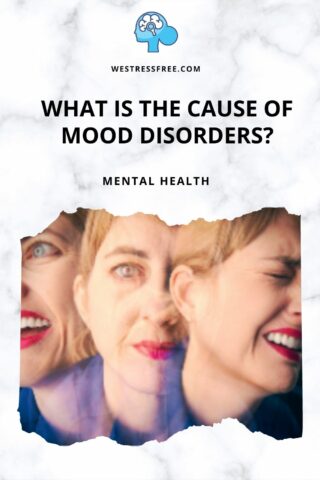
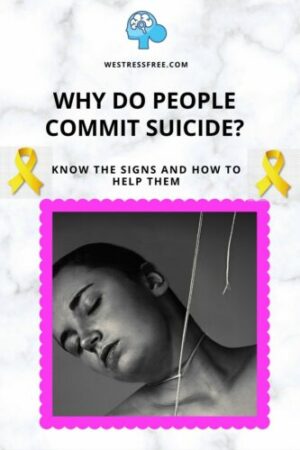


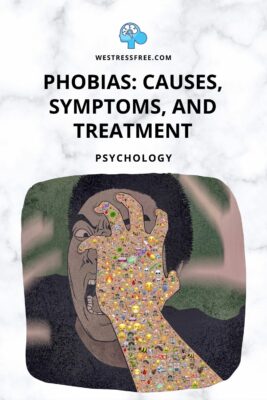

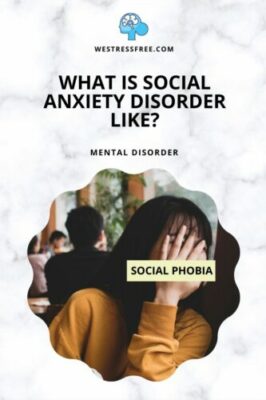
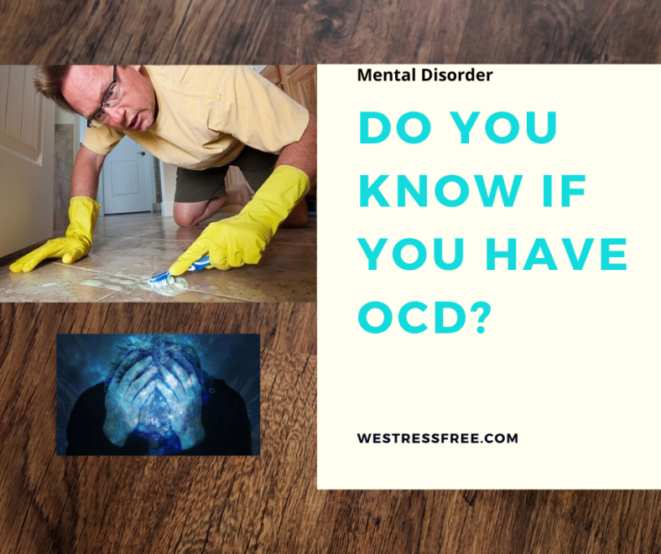
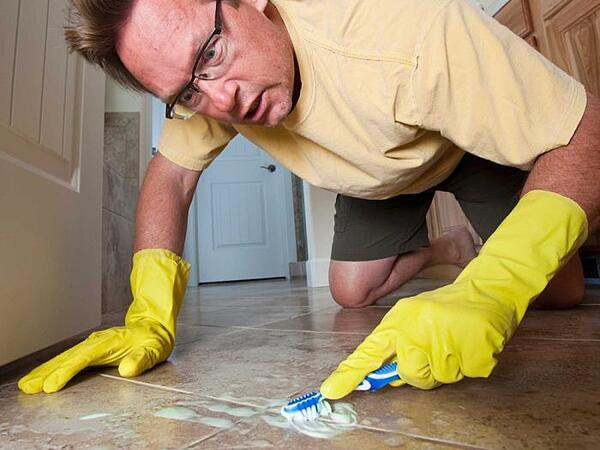
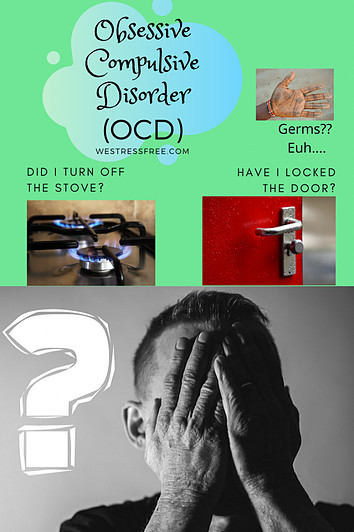


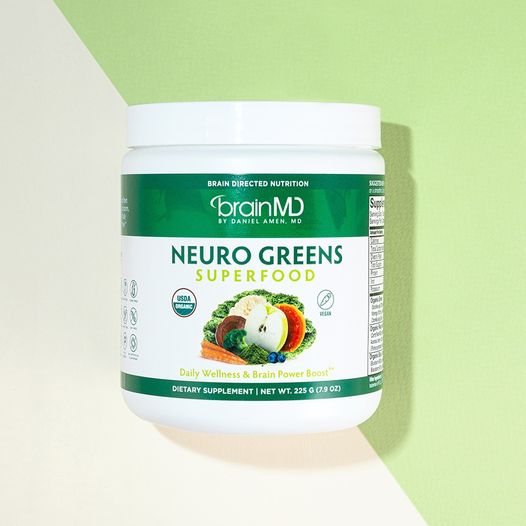

Very interesting article Ferra. Thank you. There have been times in the past where I have to had to check I locked the front door a few times before I felt I could leave the house. I will definitely look into CBT I think, if it were to get worse.
Hi Susan,
Thank you for visiting my site, reading the post and leaving a comment. I really appreciate it!
CBT is used successfully as a treatment for many psychological problems, including OCD. Good luck!
Glad you found this article useful. Hope it is useful to others too! 🙂
Stay safe, happy and healthy!
Cheers,
Ferra
Very useful article about a serious condition. I can recognise myself in some of what is described here, but not in the same context. My occupation is governed by procedures which can make you feel uncomfortable if do not follow the procedures to the point. After some years it got worse and i had a bit of trouble controlling the routine of getting ready for the tasks i needed to do while working. But i managed to break the routine, and as a consequence getting more relaxed . The article has good advice about he symptoms, the drugs used in treatment and various type of treatment. In other words a good source for information about COD.
I expect that the drugs listed are all prescription medication?
Hello Roy,
Thank you for visiting my site, reading the post and leaving a comment. I really appreciate it!
It is good to hear that you can break the routine and get more relaxed.
Glad you found this article useful. Hope it is useful to others too! 🙂
Stay safe, happy and healthy!
Cheers,
Ferra
I have heard general things about this mental disorder but I never quite understood what it really was. This article made it easy to follow and understand what OCD is and the importance of knowing the symptoms and correct criteria so we don’t miss-comprehend and auto-diagnose ourselves with something that we’re not sure we actually have.
Hello Stephanie,
Thank you for visiting my site, reading the post and leaving a comment. I really appreciate it!
I agree with you. We can’t just auto-diagnose ourselves or others with any mental disorders we know nothing about.
Glad you found this article useful. Hope it is useful to others too! 🙂
Stay safe, happy and healthy!
Ferra
Thank you for such an informative article on a topic that is very important to me. My children and I all suffer from OCD and it can be very frustrating at times. I’m glad that you are trying to make people more aware. – Lisa
Hi Lisa,
Thank you for visiting my site, reading the post and leaving a comment. I really appreciate it!
I hope you and your children found something that help you all feeling better as soon as you feel disturbed or annoyed at something. One thing to remember though, OCD or other mental disorder is not a really bad thing. Don’t let it affect you, instead beat it. You can do it!!
Glad you found this article useful. Hope it is useful to others too! 🙂
Stay safe, happy and healthy!
Ferra
This topic is one a few of my closest friends suffer from, you have explained it in great detail and made it easier for me to understand.
I will share it with others as I think they would benefit from reading it.
Thank you for sharing the facts
Hi Lisa,
Thank you for visiting my site, reading the post and leaving a comment. I really appreciate it!
Glad you found this article useful. Hope it is useful to others too! 🙂
Stay safe, happy and healthy!
Ferra
This is great to see here and a very informative one. Well! I can resonate better with this post because I once had a friend diagnosed with ocd and truthfully, it took the effort and intervention of everyone to get her back on track a bit. She always wanted to try to do things that are quite above imagination of us all and it was becoming too repetitive of her. This is great to see here and thank you
Hello Ella,
Thank you for visiting my site, reading the post and leaving a comment. I really appreciate it!
I hope you were able to help your friend to snap out of her OCD. Maybe with the right treatments, she’ll be better. CBT might be a good therapy for her.
Glad you found this article useful. Hope it is useful to others too! 🙂
Stay safe, happy and healthy!
Ferra
Hello there, Studying your obsessions is one of the best ways to detect this as Obsessions are involuntary thoughts, images, or impulses that occur over and over again in your mind. You don’t want to have these ideas, but you can’t stop them, thanks for sharing still fairly new to this situation hope it works for me.
Hi Fuji,
Thank you for your kind comment.
I agree with you. When we are aware of our obsessions and won’t let ourselves to be overreacting towards them, I think that is one way to make sure it won’t become too much and uncontrollable.
Glad you found this article useful. Hope others find it useful as well.
Stay safe, happy and healthy.
Ferra